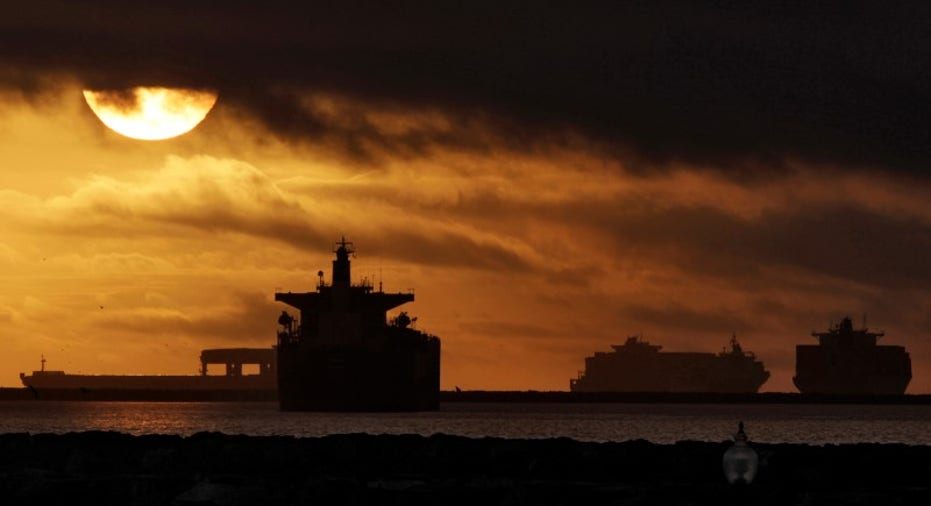U.S. Trade Talks in Deep Freeze After Trump Win, Says EU

Donald Trump's election to the White House has consigned EU/U.S. trade talks to the deep freeze and they are unlikely to resume for some time, the European Union said on Friday.
A pause in negotiations towards the Transatlantic Trade and Investment Partnership (TTIP) was always expected with the end of Barack Obama's presidency, but Trump's win brings in a leader hostile to international trade pacts.
Trump has said he will withdraw from the unfinalized 12-nation Trans-Pacific Partnership (TPP) and renegotiate the North American Free Trade Agreement.
"For quite some time TTIP will probably be in the freezer and then what happens when it is defrosted, we will have to wait and see," EU trade commissioner Cecilia Malmstrom told a news conference after a meeting of EU ministers responsible for trade.
"I think we should be realistic. I don't see the resumption of any TTIP negotiation for quite a long time."
EU officials have said it is not clear what Trump's stance is on TTIP, but that NAFTA and TPP would likely take priority.
The EU has faced a wave of criticism from protest groups over TTIP, who say it and other such pacts are done only for big business.
One high-level critic, French trade minister Matthias Fekl, said Britain's vote to leave the EU and Trump's election victory were signs of crisis in countries traditionally attached to free trade.
"We need to rethink the way the global economy functions or does not function... Nothing would be worse now than to think we can simply go on with business as usual," he said.
'GETTING TOUGH' WITH CHINA
Mirroring talk from Trump of 'getting tough' with China, EU ministers also sought on Friday to bolster the bloc's trade defences to floods of cheap imports.
They are weighing measures designed to shorten investigations into alleged dumping and to permit higher duties than normal in cases of foreign state interference
Proposals were made in 2013, but the 28 EU members have failed to agree, with a group of countries including Britain opposed. That blocking minority appears to be getting smaller.
"I think ...we have moved a step closer to a possible agreement by the end of the year," said Peter Ziga, economy minister of Slovakia, which holds the six-month rotating EU presidency.
The EU has had a tough time with trade policy in recent years, also struggling to pass a deal with Canada.
On Friday, it scored a minor success, adding Ecuador to an existing pact with Colombia and Peru.
(Additional reporting by Stever Scherer in Rome; editing by John Stonestreet)



















